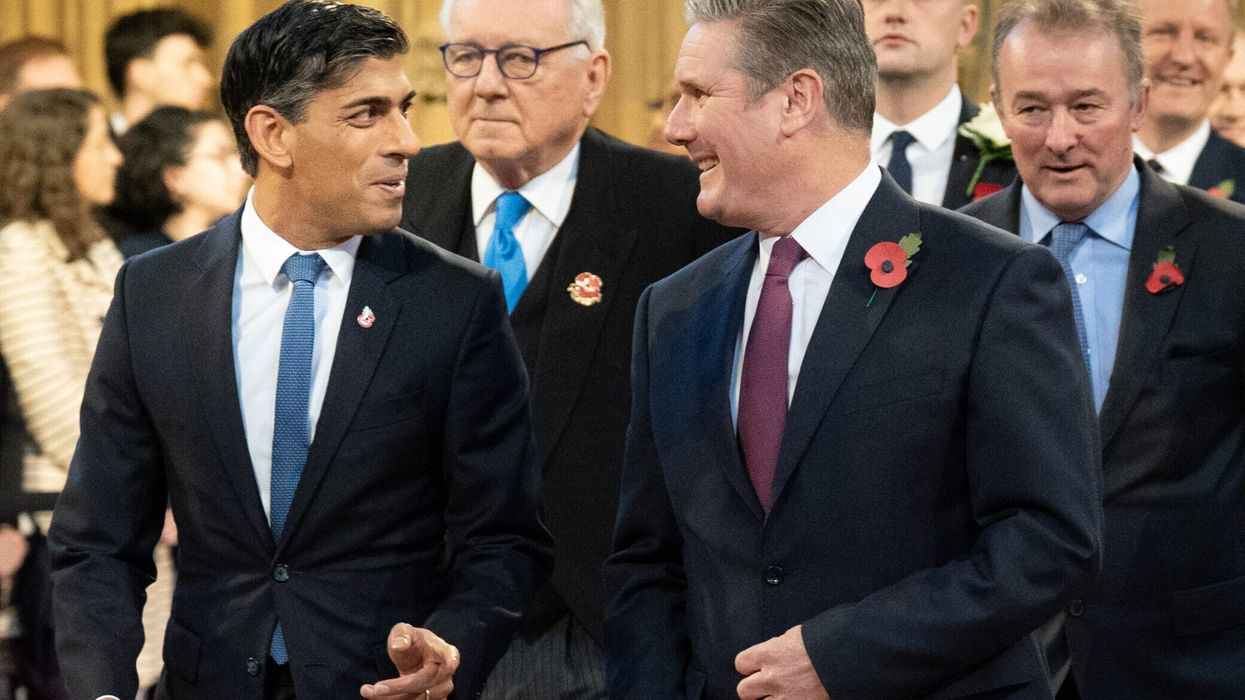THE country will hold a national election on July 4 which opinion polls indicate will end 14 years of Tory-led government, spanning one of the most turbulent periods in the country's modern political history.
HOW DOES THE ELECTORAL SYSTEM WORK?
The country is split into 650 constituencies. In each constituency, voters elect a local candidate who will then take up a seat in parliament. Voters get to choose one candidate on their ballot paper and the candidate with the most votes wins.
Candidates typically represent a larger political party.
The winning line for any political party is 326 seats. The leader of the party which crosses that line would then be able to form a government and become prime minister.
WHO CAN VOTE?
Close to 50 million Britons will be eligible to vote. Polling stations open from 0700 to 2200 local time and votes can be cast in person, by post or through a proxy.
WHEN WILL RESULTS BE ANNOUNCED?
Constituencies start counting votes as soon as the polls close and the first results come within hours. Most are declared overnight, although in some rural areas this takes longer, particularly if the vote is close and recounts are required.
Exit polls are released by broadcasters when polls close.
WHAT HAPPENS IF NO PARTY SECURES A MAJORITY?
A hung parliament occurs when no single party manages to win more than 325 seats. In this case the incumbent prime minister stays in power and is given the first chance to form a government by negotiating with other parties to build a coalition, or try and govern with a minority.
If he or she fails to agree an arrangement that would give them a majority in parliament, the incumbent would then recommend that the leader of the largest opposition party be invited to form the new government.
Coalition governments are uncommon in Britain. The 2010 Conservative-Liberal Democrat coalition government was the first since 1945. After a hung parliament in the 2017 election the Tories cut a deal with a smaller party to form a minority government.
ROLE OF THE KING
In the case of a government losing, the incumbent prime minister travels to see the monarch to formally tender his or her resignation once arrangements for a new government have been decided.
The incoming prime minister then arrives to meet the sovereign who requests they form a government, a meeting historically known as "kissing hands", although prime ministers are no longer expected to kiss the monarch's hands.
WHAT IS EXPECTED TO HAPPEN?
YouGov predicted in April that Labour would win 403 seats, with Tories expected to win 155.
Opinion polls, which measure the overall share of the vote each party is expected to win, consistently show Labour more than 20 points ahead of the Conservatives.
At the 2019 election the Tories won 365 seats and Labour won 202. Since then, resignations, expulsions and other events have reduced the Tory majority. Going into the 2024 election the Tories have 344 seats, Labour have 205.
(Reuters)





